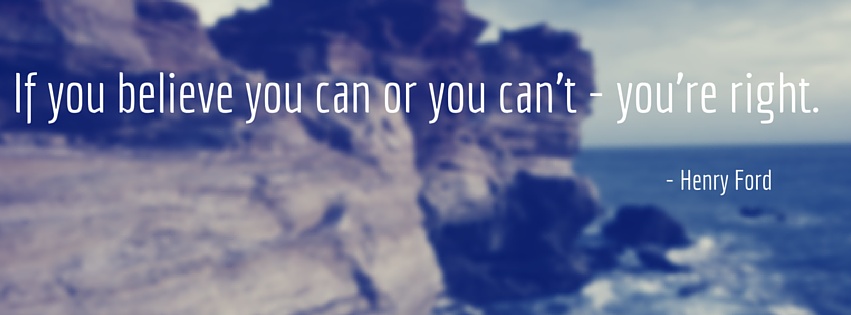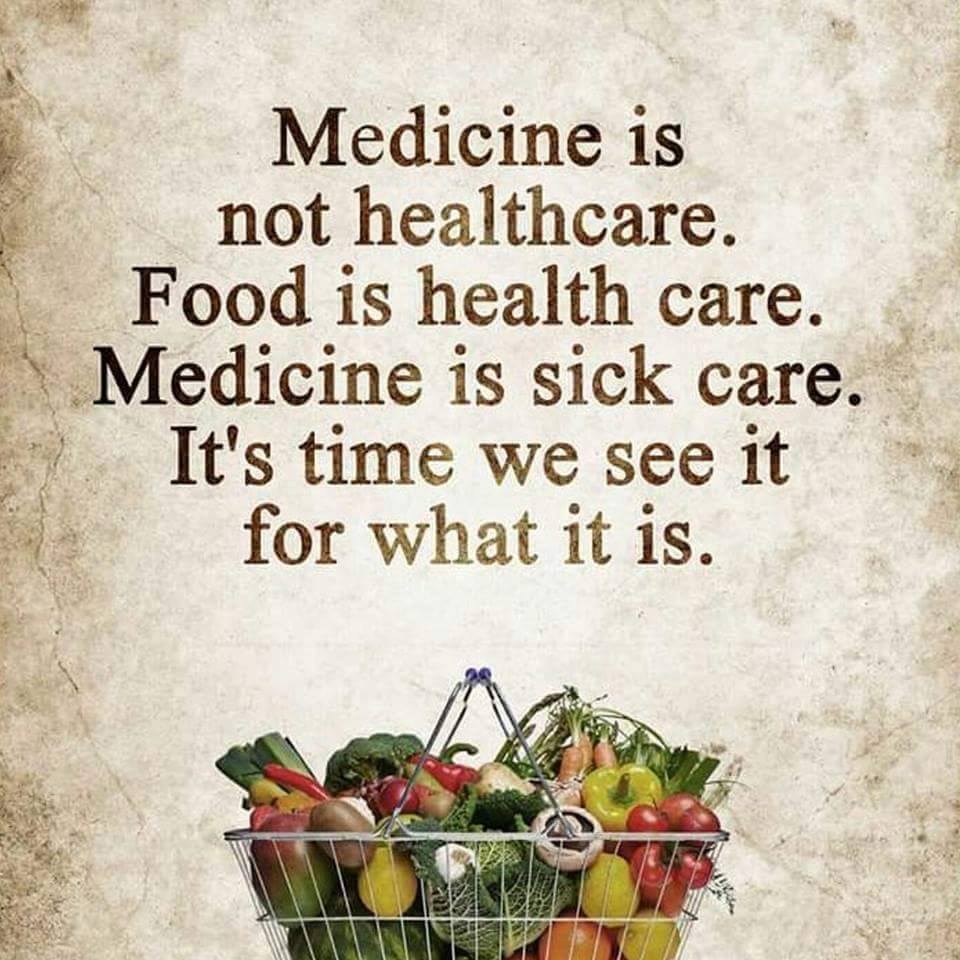I’ve never been a smoker. Look, … I did give it a try at uni, I’m talking a few puffs, but thought it was a bit disgusting, or maybe it’s that I wasn’t good at it, I just never got the attraction. To be more precise, the reward system in my brain wasn’t activated – that’s the part of our brains which are activated in addiction. For some people, it gets turned on when they have sugar, others alcohol and others methamphetamine. We all have triggers that activate our reward systems, for smokers, its tobacco.
Why am I writing about tobacco? Today is World No Tobacco Day as deemed by the World Health Organisation. They believe it is important enough to have its own day, do you know why? It’s because tobacco ‘kills approximately 6 million people a year and harms the health of many more’.(WHO, 2016) The theme this year is about getting ready for plain packaging, though in Australia, we have actually been ahead of the game and have had this in place for several years now.
In a nutshell, smoking damages your health. Not a new revelation, I know – but just how it is – I have a tendency to tell it that way!
I’m not going to ‘harp on’ as we are all, as adults responsible for our own actions, however there are just a few quick points I have noticed and wanted to point out:
Smoking has become SO expensive – on http://www.quitnow.gov.au there is a great calculator as to how much you could save by quitting – if I was a smoker, that amount of money would sure motivate me!
Smoking has become quite unsociable – at clubs and pubs etc, the smoking area is often quite removed from the main area. As a non-smoker, I find this to be ideal, however as I smoker, surely it’s lonely?
Smoking affects unborn babies and children – you know how I said we are adults and we need to be responsible for our actions – unborn babies and children do not get this choice. Smoking exposes everyone in its path to thousands of harmful chemicals and as adults it is in our role description to protect our children.
You’ve heard of Quitline? Wait, there is more – the Australian Government has a dedicated website http://www.quitnow.org.au which provides a great deal of information for smokers, and soon to be non-smokers. As well as Quitline, there is Quit Coach – http://www.quitcoach.org.au – an interactive site to support quitters.
Smoking contributes to avoidable health conditions – this isn’t an exhaustive list, but off the top of my head, I can tell you smoking is a risk for pressure ulcers and delayed wound healing because not enough oxygen gets to cells. It also more likely that smokers will suffer from post operation complications. That said, smokers are always up quickly after surgery, because they ‘need’ to smoke, however what they don’t realise is they are actually slowing their healing.
So on this World No Tobacco Day, spare a thought for those with a tobacco addiction – and maybe pop a few of my points (above) into a conversation, direct them to the websites I mentioned and who knows, it might just be enough for them to even consider quitting…for good!







